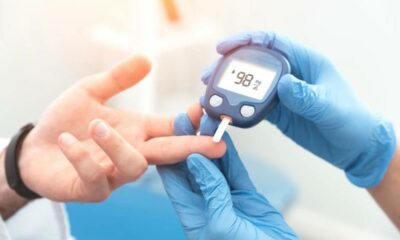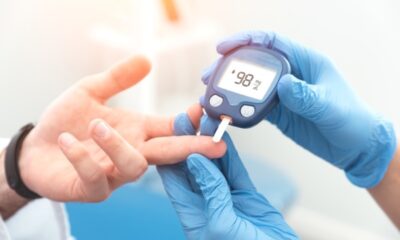Coping strategies can be helpful, but depression is a severe illness, so it’s crucial to see a doctor or mental health expert for a diagnosis and treatment plan. They are able to evaluate your particular circumstances and provide the best course of action, which may or may not involve medication.
Having said that, the following non-pharmaceutical techniques can aid in the management of depressive symptoms:
Modifications in lifestyle
- Exercise: Studies have shown that regular physical activity improves mood and mental health. On most days of the week, try to get in at least 30 minutes of moderate activity.
- Sleep: Make getting 7-8 hours of good sleep every night a priority. It’s also critical to keep a regular sleep routine.
- diet: Consume a diet high in fruits, vegetables, whole grains, and other nutrients that is well-balanced. Restrict your intake of sugar, processed meals, and bad fats.
- Sunlight: Get regular exposure to the sun’s rays, since this can aid in mood and sleep cycle regulation.
- Stress management: Reduce stress, a key cause of depression, by practicing relaxation techniques like yoga, meditation, or deep breathing exercises.
- Social connection: Take part in activities you enjoy and spend time with your loved ones. Prioritize social connection over isolation as it might exacerbate sadness.
Both behavioral and cognitive techniques
- Take note of your self-talk and recognize negative thought patterns to counteract negative thoughts. Put them to the test with more sensible and constructive viewpoints.
- Exercise gratitude by concentrating on the things, even the little things, for which you are thankful. Maintaining an appreciation diary may be beneficial.
- Realistic goal-setting: Make modest, doable objectives for yourself and acknowledge your successes. This may increase your drive and self-assurance.
- Learn new things: Engage your intellect by picking up hobbies or new talents.
- Volunteering: Giving back to the community can improve your mood and give you a feeling of purpose.
Alternative and complementary therapies
- Mindfulness: Activities that cultivate mindfulness, such as yoga and meditation, can increase your awareness of your thoughts and feelings while removing any bias, which promotes better acceptance and emotional control.
- Talk therapy: Talk therapy can offer a secure setting for you to examine your emotions, pick up coping skills, and create good depression management techniques.
- Light therapy: Seasonal affective disorder (SAD) may be a factor in depression in certain individuals. Your circadian rhythm can be regulated and your mood can be elevated with light treatment.
Recall
- It takes time to recover: Have patience with oneself. It takes time and effort to treat depression, so don’t give up if you don’t see changes right away.
- Seek assistance: Never be afraid to ask friends, family, mental health specialists, or support groups for assistance. You’re not by yourself.

 Diabetology2 weeks ago
Diabetology2 weeks ago
 Diabetology2 weeks ago
Diabetology2 weeks ago
 Diabetology2 weeks ago
Diabetology2 weeks ago
 Diabetology2 weeks ago
Diabetology2 weeks ago
 Diabetology2 weeks ago
Diabetology2 weeks ago
 Diabetology2 weeks ago
Diabetology2 weeks ago
 Diabetology1 week ago
Diabetology1 week ago
 Diabetology4 days ago
Diabetology4 days ago


















